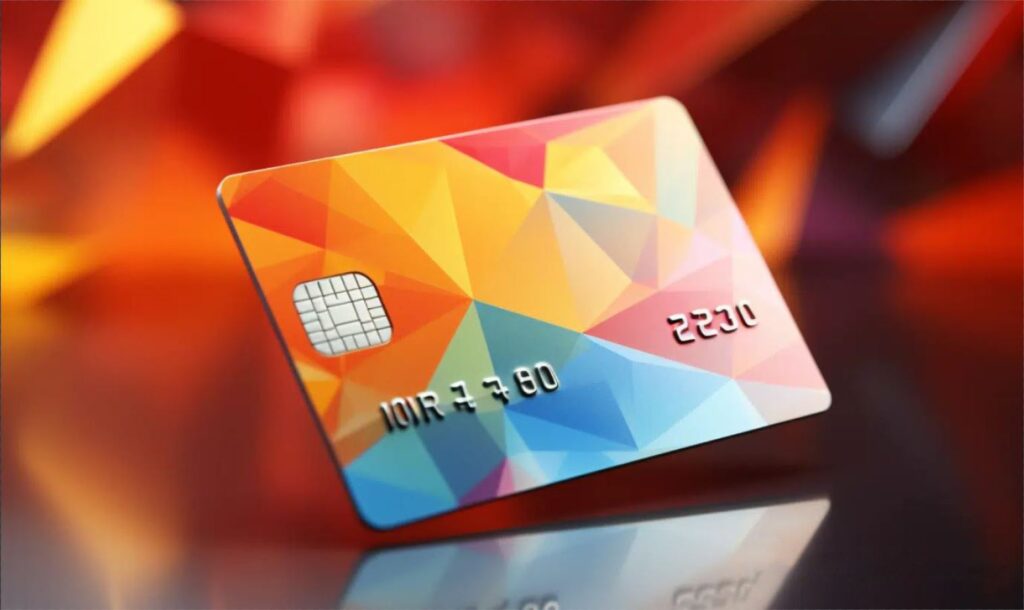In a strategic move aimed at improving the efficiency of cross-border business transactions, Mastercard has teamed up with J.P. Morgan. The two companies have integrated their platforms—Mastercard’s Multi-Token Network (MTN) and J.P. Morgan’s Kinexys Digital Payments—to provide businesses with a streamlined solution for international payments.
This integration allows users to settle transactions seamlessly by utilizing a single API, making global business payments faster, more transparent, and more efficient. The collaboration merges Mastercard’s MTN, a blockchain-powered platform designed to facilitate secure and scalable payments, with J.P. Morgan’s Kinexys, a payment rail that enables real-time, multicurrency transactions between commercial bank accounts.
With the global commerce ecosystem facing challenges such as delays, high costs, time zone differences, and limited visibility in cross-border transactions, this partnership aims to tackle these pain points head-on. By integrating blockchain technology into these processes, both companies seek to eliminate inefficiencies and reduce friction in global trade, making transactions faster and more cost-effective for businesses of all sizes.
Mastercard’s MTN is built to provide businesses with the tools necessary to create innovative financial solutions. It helps organizations automate their payment processes, optimize liquidity, and reduce operational costs by enabling fast and secure transactions. The addition of Kinexys further enhances the value of the MTN platform by offering businesses 24/7 payment capabilities, even on banking holidays, which is a huge advantage for firms with regular international transactions.
Moreover, the combination of these two platforms presents a significant shift in the way payments are processed, bridging the gap between traditional financial institutions and the emerging digital finance ecosystem. As companies increasingly seek more efficient ways to manage their cross-border payments, the partnership between Mastercard and J.P. Morgan reflects a growing trend among major financial institutions to adopt blockchain technology in modernizing their payment systems.
This collaboration is also seen as part of the broader movement toward integrating digital payment solutions into the traditional banking system. Naveen Mallela, the Co-Head of Kinexys, mentioned that this partnership will help integrate legacy bank payment systems with digital payment ecosystems, offering a more unified approach to handling global business transactions.
The real-time nature of blockchain technology offers significant benefits, such as faster settlement times, increased transparency, and reduced costs for businesses. These improvements are especially important in today’s fast-paced global economy, where delays and inefficiencies in payments can negatively impact businesses’ operations and their ability to engage in international trade.
Executives from both companies have expressed their excitement about the potential of this initiative to reshape digital commerce. The integration of blockchain technology into traditional payment systems will undoubtedly open new avenues for global businesses to make more efficient, secure, and transparent transactions, making it a key step forward in the evolution of cross-border payments.


Metaverse
Cool